Chapter 21
The Roaring Twenties: 1920–1929
By Boundless
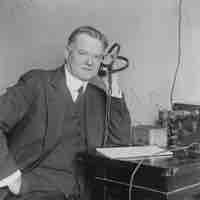
The 1920s marked a new era of postwar economic growth in the U.S., fueled by electricity and oil but marred by controversies.
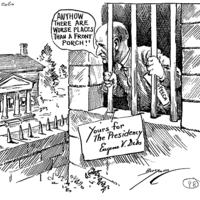
In the 1920 presidential election, Republican Senator Warren G. Harding soundly defeated Democratic Governor James M. Cox.
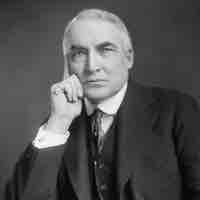
Harding took office in the middle of a postwar depression and enacted policies to encourage the nation's return to prosperity and progress.
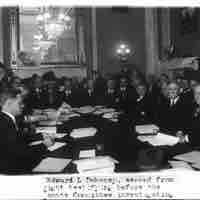
Known as the "Ohio Gang," President Harding and his political associates caused financial and political scandals in the 1920s.
Agriculture underwent a revolution in the 1920s as heavy equipment enabled rapid expansion but also hurt small farmers and caused a migration to urban areas.
A postwar decade of decline weakened unions and decreased membership due to a strong economy and anti-union practices by corporations and the government.
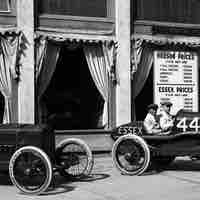
The great industrial output of the 1920s saw the automobile, petroleum, chemical, radio, and film industries skyrocket.
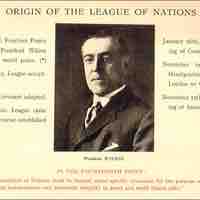
During the New Era, flourishing businesses moved abroad and the U.S. signed a treaty to promote peace and aid the economy.
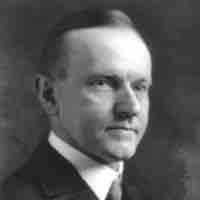
Republican Calvin Coolidge benefited from a split within the Democratic Party in winning the 1924 presidential election.
The ‘Roaring Twenties’ era was memorable for huge growth in areas from artistic expression and popular entertainment to industry and even crime.
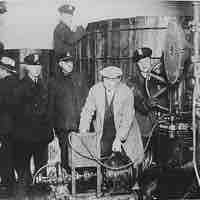
Prohibition outlawed alcohol for 13 years, splitting the nation morally and politically while empowering organized crime.
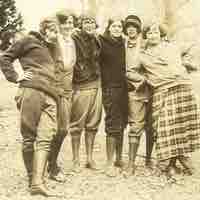
The Roaring Twenties represented a significant shift in American cultural values, morals and social roles.
The National Woman’s Party worked for women’s rights in the 1920s, while Margaret Sanger became a prominent advocate for birth control.
The Lost Generation was a group of writers and artists, including many expatriates, who helped define a larger, modernist movement after World War I.
Jazz music exploded as popular entertainment in the 1920s and brought African-American culture to the white middle class.
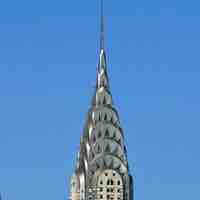
Art Deco was a dominant design style of the 1920s artistic era that also was influenced by the Dada, Expressionist and Surrealist movements.
The 1920s are often referred to as the Golden Age of Hollywood, with "Talkies" and the first all-color features replacing silent films.
Flappers were the personification of a new spirit in fashion, dance and music in the 1920s.
Eugenics was a prejudicial pseudoscience with roots in the late 19th and early 20th century that gained popularity and impacted American state and federal laws in the 1920s.
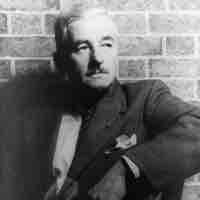
The Southern Renaissance literary movement of the 1920s and 1930s broke from the romantic view of the Confederacy.
The Harlem Renaissance was an arts and literary movement in the 1920s that brought African-American culture to mainstream America.
Christian Fundamentalists believed modernist Protestants to be in violation of the Bible's teachings and began a movement that endures today.
The Ku Klux Klan, an organization promoting white supremacy and anti-immigration, peaked in its prominence during the 1920s.
The Scopes Trial of 1925 brought to national attention the debate over teaching evolution in public schools.
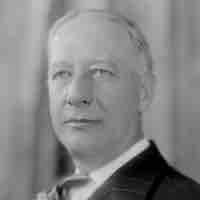
Democrat Al Smith, the first Roman Catholic presidential nominee, lost the 1928 election in a landslide to Republican Herbert Hoover.
The Great Depression was a decade-long period of poverty and unemployment that followed the 1929 stock market crash.
The Great Depression caused widespread homelessness and illness, fueled discrimination, and increased migrant labor.
President Hoover attempted to stem the Great Depression but was thwarted by political influences, economic realities and his own ideals.
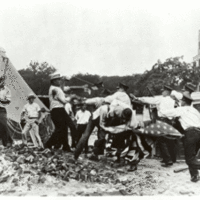
Unemployment during the 1930s led veterans to protest for cash-payment of certificates that had been promised to them.
The 1930s escapist culture involved inexpensive entertainment such as music, radio and films that diverted attention from life's hardships.